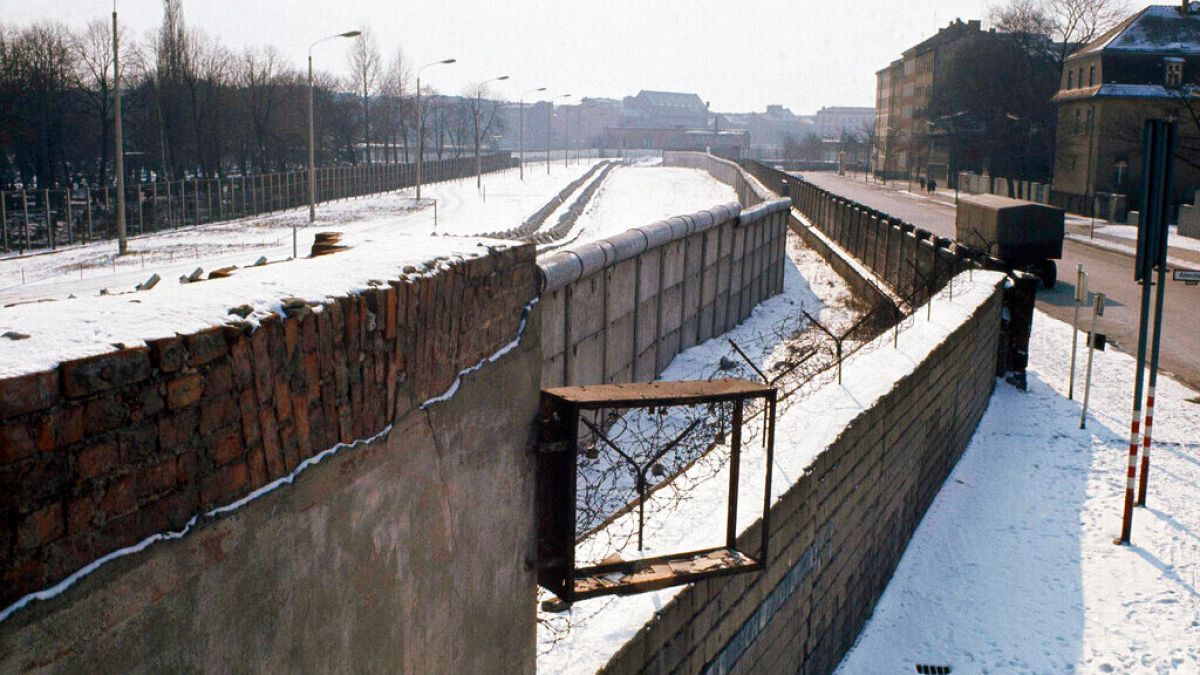35 years ago, the Berlin Wall fell, reuniting Germans who were divided between East and West for nearly three decades. The event was a cause for celebration for many, but for some, it was seen as a tragedy. Russian President Vladimir Putin has referred to the breakup of the Soviet Union as the “greatest trauma and tragedy in Russian history.” This sentiment reflects a desire for separation and power over people, which is also evident in the construction of new walls in Europe. Less than a thousand kilometres east of Berlin, Poland is fortifying its border with Belarus to stop illegal migrants, causing a humanitarian catastrophe for those stuck in the forest with no infrastructure or aid.
In the German capital, this year’s celebration of the fall of the Berlin Wall will be held under the slogan “uphold freedom.” The connection between the fall of the Berlin Wall and the fortification of borders in Europe is evident. Countries such as Germany, Austria, Poland, the Czech Republic, and Switzerland have imposed border checks, citing concerns over immigration. This move has been criticized for undermining the freedom of movement in the European Union. The decision to impose border checks is driven by fears of illegal immigration, which have heightened amidst various crises in the region.
The Berlin Wall, which stood between 1961 and 1989, divided the city between the socialist German Democratic Republic (GDR) and capitalist West Germany. It was a physical manifestation of the Iron Curtain, representing the divide between the Soviet Union and its satellite states and the Western hemisphere during the Cold War. During its existence, at least 140 people lost their lives at the wall in circumstances linked to the GDR. The fall of the wall in 1989 marked the beginning of German reunification and contributed to the fall of communism in central and eastern Europe.
The remnants of the Berlin Wall still attract thousands of visitors to the German capital, serving as a reminder of the past and symbolizing the resilience of the human spirit. The fall of the wall was a historic moment that brought joy and relief to those who had been separated for years. However, the echoes of that event can still be felt today in the form of new walls being erected in Europe. These walls not only physically divide people but also reflect a desire for power and control, which can have dire consequences for those seeking refuge and a better life. As Europe grapples with immigration challenges and political tensions, the lessons of the Berlin Wall serve as a reminder of the importance of upholding freedom and unity in a divided world.











